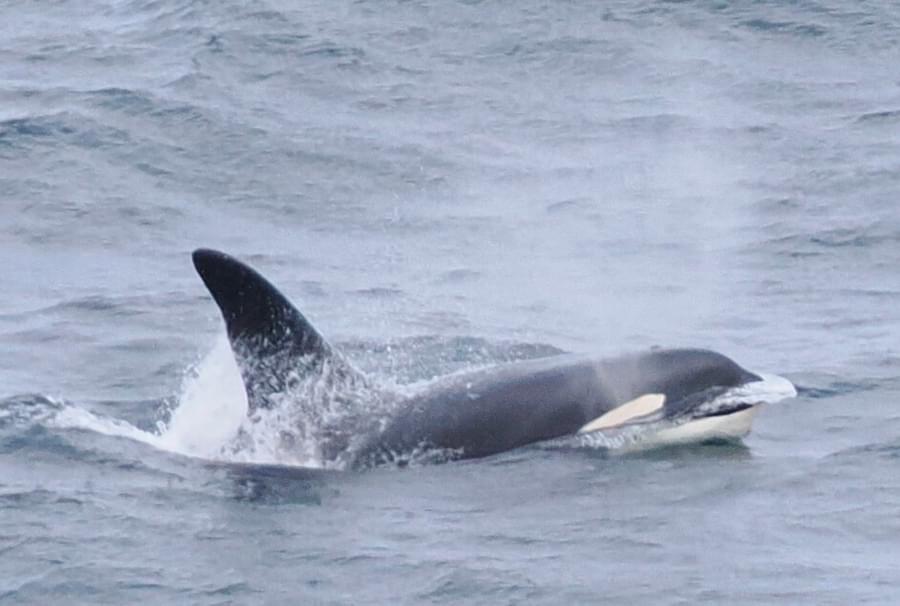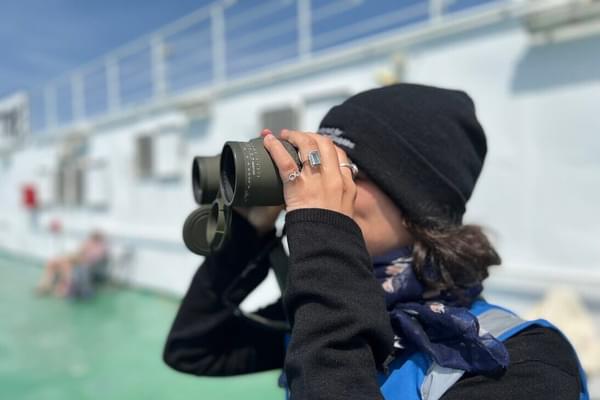The orca (or killer whale) has long been a firm favourite among whale watchers. Their charisma and intelligence often leave us in awe. For British observers, two males in particular - John Coe and Aquarius - have become celebrities in their own right.
As the last two bull males of the West Coast Community pod, their story is one of heartbreak, perseverance, and a stark reminder of how vulnerable these animals remain. Although most commonly sighted in the Hebrides, the pair have occasionally ventured further afield; off the coasts of Ireland, Wales, and southern England, often bringing a paparazzi of keen whale watchers with them.
Killer whales are intensely social, staying with their pods for life. But earlier this year, for 12 long weeks, Aquarius was sighted alone. Temporary separations aren’t unusual, but the absence of John Coe had the whale-watching community holding its breath - until 25 July, when the beacons of social media were lit: John Coe’s unmistakable dorsal fin had been spotted near Ardnamurchan. Aquarius, by contrast, had been spending his time in Ireland. Would they reunite?
Thankfully, the answer is yes. On 15 September, Aquarius returned to Hebridean waters, and the pair were back together after 19 long (at least for us) weeks apart. In their reunion, we see more than two whales - we see hope for the oceans and a call to protect every life within them.


Citizen science is at the heart of everything we do and this year we have made it even easier to get involved in whale and dolphin conservation with our e-learning courses. These new courses are the perfect introduction to the world beneath the waves and will teach you everything you need to know about spotting, identifying and record vital scientific data on these incredible animals so that you too can help ORCA's conservation work. Course are live today so visit learn.orca.org.uk to find out more and start your journey to helping us protect whales and dolphins around the world.

